Hi there, pet lovers! 🦎
If you’re searching for a small, fascinating, and easy-to-care-for reptile, the Pictus Gecko (Paroedura picta) might just be the perfect pet for you. Native to Madagascar, these geckos have gained popularity among reptile enthusiasts for their striking appearance, manageable size, and relatively simple care requirements. Whether you’re a beginner looking for your first reptile or an experienced keeper seeking a new addition to your collection, the Pictus Gecko is a species worth considering.
In this detailed review, we’ll explore everything you need to know about Pictus Geckos, from their temperament and care needs to their availability and costs. By the end, you’ll have a clear understanding of whether this charming little gecko is the right fit for your home.
Overview
Pictus Geckos, also known as Ocelot Geckos or Big-Headed Geckos, are small, nocturnal lizards native to Madagascar. They are known for their distinctive patterns, hardy nature, and ease of care, making them a favorite among reptile enthusiasts. Here’s a quick summary of what makes them stand out:
- Handling and Temperament: Generally docile and easy to handle, but their small size requires gentle care.
- Care and Maintenance: Low-maintenance, with straightforward enclosure and dietary needs.
- Health and Durability: Hardy and resilient, with a lifespan of 8–12 years when properly cared for.
- Availability: Becoming more popular but can still be challenging to find in some regions.
- Cost: Affordable to purchase and set up, with minimal ongoing expenses.
Overall, the Pictus Gecko is an excellent choice for reptile lovers of all experience levels, offering a unique combination of beauty, simplicity, and charm.
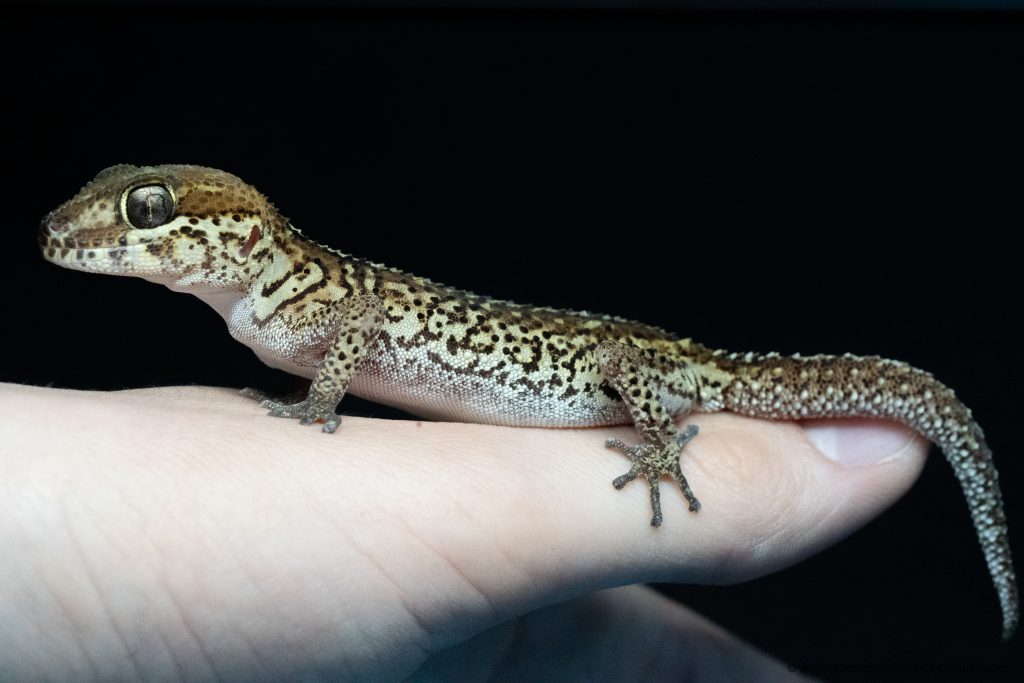
Why Choose a Pictus Gecko?
Pictus Geckos are ideal for those seeking a small, low-maintenance pet that doesn’t require a lot of space. Their nocturnal nature makes them perfect for people who are busy during the day but want to enjoy their pet’s activity in the evenings. With their striking patterns and fascinating behaviors, these geckos are a joy to observe and interact with.
Their hardy nature and relatively simple care requirements make them a great option for beginners, while their unique appearance and breeding potential appeal to more experienced keepers. Plus, their long lifespan (8–12 years) ensures they’ll be a rewarding companion for years to come.
Handling and Temperament
Pictus Geckos are known for their calm and docile temperament, making them a pleasure to handle. However, their small size (adults typically reach 4–6 inches in length) means they require gentle care to avoid injury.
Personality Variations
While most Pictus Geckos are calm and easy to handle, some individuals may be more skittish, especially if they’re not used to human interaction. With regular, gentle handling, they can become quite comfortable and even enjoy short sessions of interaction.
Handling Tips
- Always handle them gently and avoid sudden movements.
- Supervise children when handling to prevent accidental injury.
- Be mindful of their tails, which they can drop if stressed. Unlike some geckos, Pictus Geckos often regrow their tails, and the replacement usually looks very similar to the original.
Biting
Pictus Geckos rarely bite, and even if they do, their bites are harmless and barely noticeable. They are not aggressive by nature, making them a safe choice for families and beginners.
Care and Maintenance
One of the biggest draws of the Pictus Gecko is its low-maintenance care requirements. With a proper setup and routine, these geckos thrive in captivity.
Enclosure Setup
- Size: A 10–20 gallon tank is sufficient for one adult Pictus Gecko. For a small group, a larger enclosure is recommended.
- Climbing Space: While not as arboreal as some geckos, they still enjoy climbing. Provide branches, cork bark, and foliage for enrichment.
- Substrate: Use coconut fiber, reptile-safe soil, or a sand-soil mix. Avoid loose substrates like pure sand, which can cause impaction if ingested.
- Hiding Spots: Provide multiple hides, including a humid hide filled with damp sphagnum moss or paper towels to aid shedding.
Humidity and Temperature
- Humidity: Maintain moderate humidity levels (50–70%) by misting the enclosure daily and using a moisture-retentive substrate.
- Temperature: Provide a temperature gradient of 75–85°F on the cool side and 88–90°F on the warm side. Use an under-tank heat mat with a thermostat to ensure consistent warmth.
Feeding
- Diet: Pictus Geckos are insectivores and thrive on a diet of appropriately sized insects, such as crickets, mealworms, and dubia roaches.
- Supplements: Dust insects with calcium and vitamin D3 supplements to support bone health, especially for breeding females.
- Feeding Schedule: Offer food 3–4 times per week, adjusting portion sizes based on the gecko’s appetite and activity level.
Lighting
Pictus Geckos do not require UVB lighting if their diet is properly supplemented. However, providing low-level UVB can benefit their overall health and well-being.
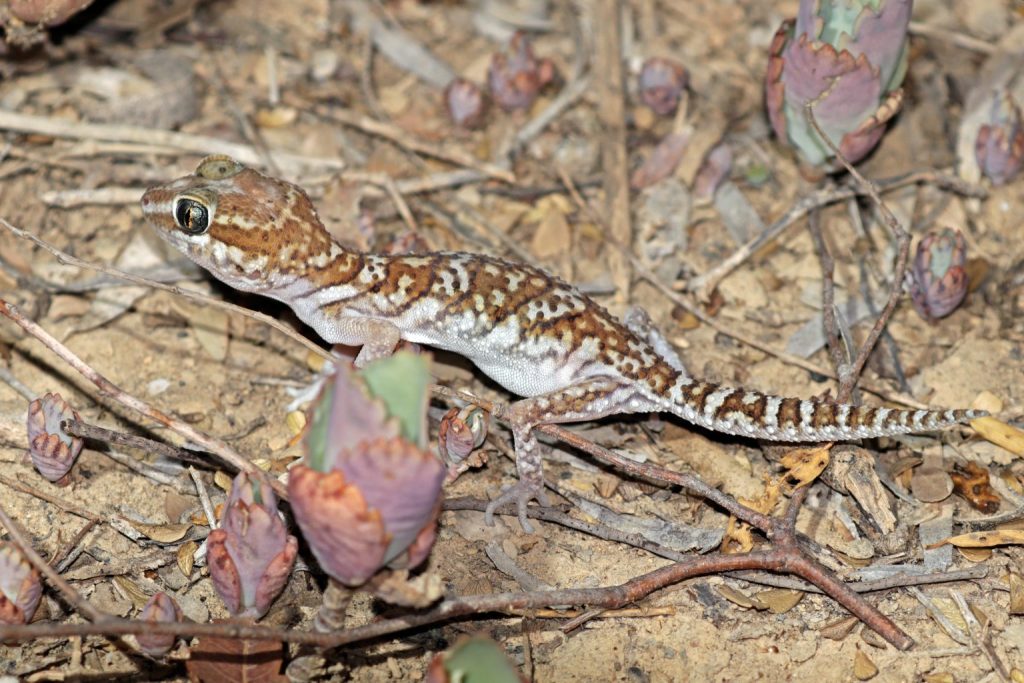
Health and Durability
Pictus Geckos are hardy and resilient, making them a low-risk choice for reptile enthusiasts. With proper care, they can live 8–12 years in captivity.
Common Health Issues
- Metabolic Bone Disease: Caused by a lack of calcium or vitamin D3. Preventable with proper supplementation.
- Dehydration: Occurs if humidity levels are too low. Ensure regular misting and provide a shallow water dish.
- Respiratory Infections: Caused by excessive humidity or poor ventilation. Maintain proper humidity and airflow in the enclosure.
Preventative Care
- Maintain proper humidity and temperature levels.
- Provide a balanced diet with calcium and vitamin supplements.
- Handle them gently to avoid stress or injury.
Availability and Cost
Pictus Geckos are becoming more popular in the pet trade, but they can still be challenging to find in some regions.
Where to Buy
- Breeders: The best option, as they can provide healthy, well-cared-for geckos.
- Reptile Expos: Great for meeting breeders and seeing a variety of geckos in person.
- Pet Stores: Less ideal, but some stores may carry Pictus Geckos.
Cost
- Gecko Price: $30 to $80 for standard morphs, with rare morphs costing more.
- Setup Cost: $100 to $200 for a basic enclosure, heating, and supplies.
Pros and Cons
Pros
- Small size and low space requirements.
- Docile and easy to handle.
- Low-maintenance care requirements.
- Hardy and resilient, with a long lifespan.
- Unique appearance and fascinating behaviors.
Cons
- Can be skittish if not used to handling.
- Requires consistent humidity and temperature control.
- Availability can be limited in some areas.
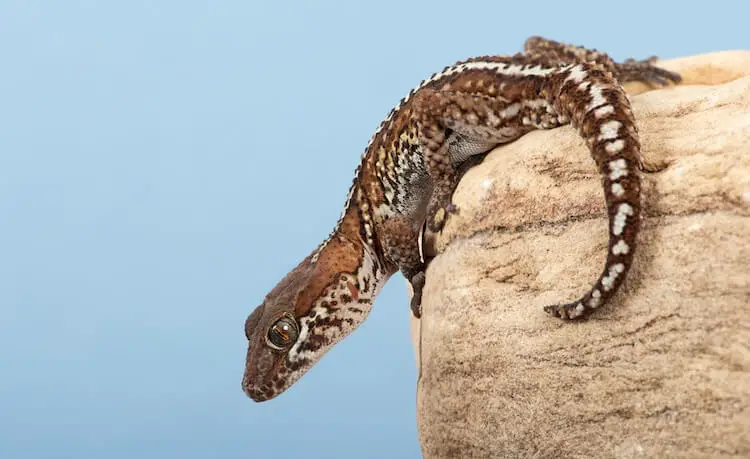
Final Thoughts
The Pictus Gecko is a fantastic choice for anyone looking to add a unique and engaging pet to their home. Their ease of care, affordability, and charming personalities make them a favorite among reptile enthusiasts. While they do have specific care requirements, the effort is well worth the reward of having these delightful creatures as part of your family.
If you’re considering a Pictus Gecko, we recommend visiting a breeder or expo to meet them in person. Their individual personalities and stunning appearances are sure to win you over.
Have you owned a Pictus Gecko? Share your experiences and tips in the comments below! We’d love to hear how you care for your gecko and what makes them special to you.
For more reptile care tips and reviews, stay tuned to our blog and don’t forget to subscribe to our newsletter! 🦎

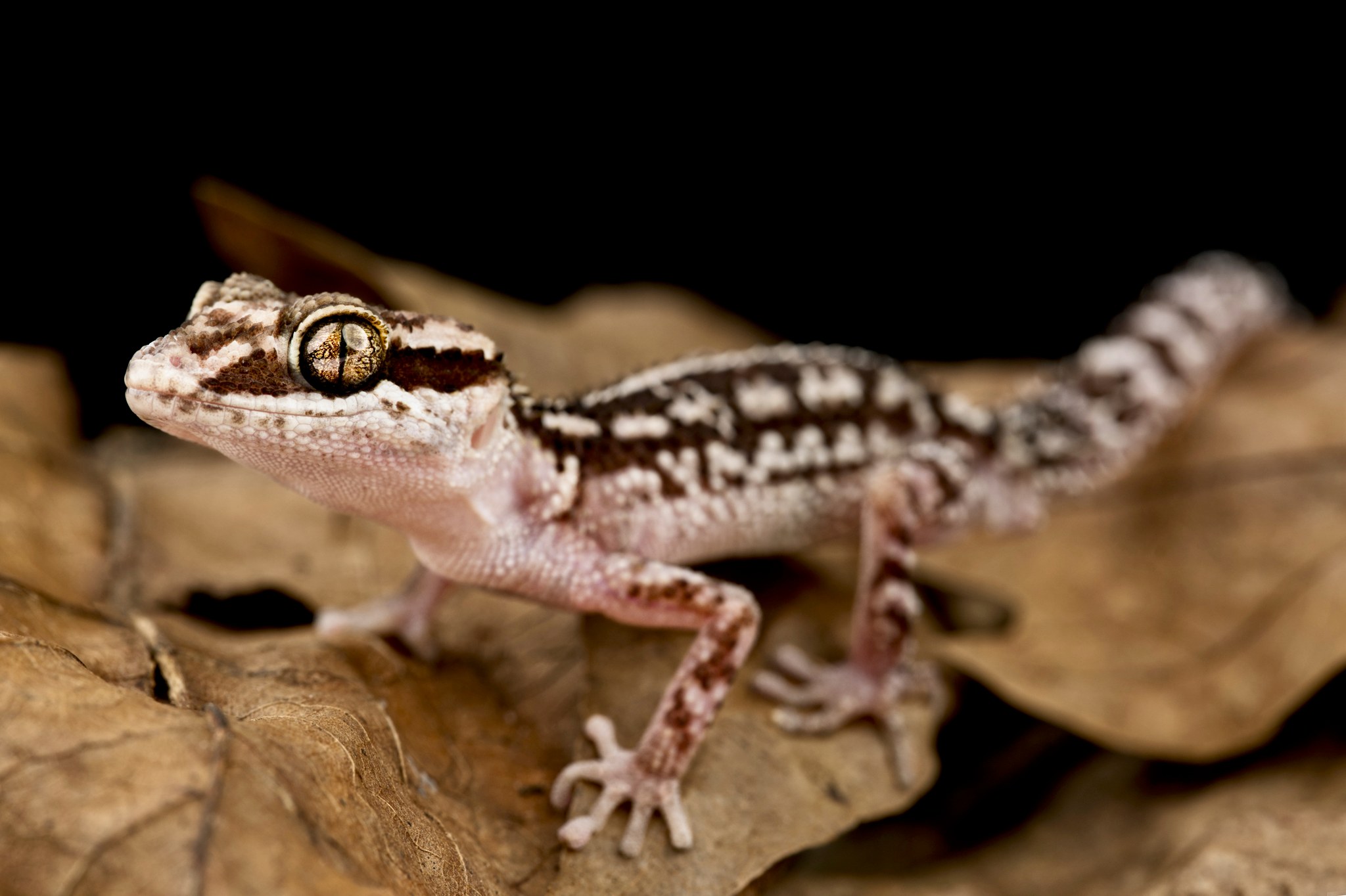

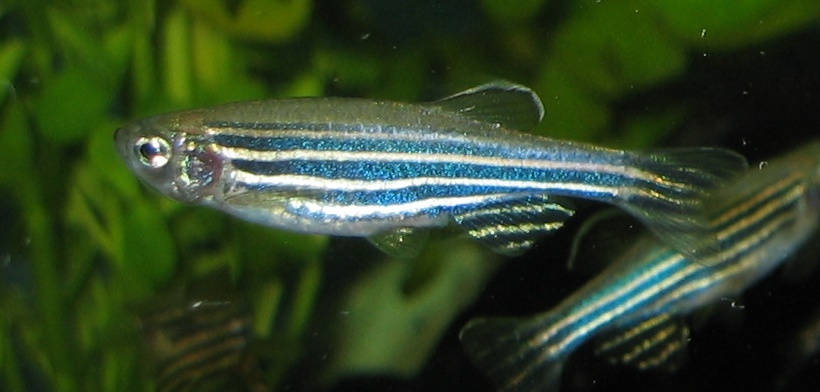
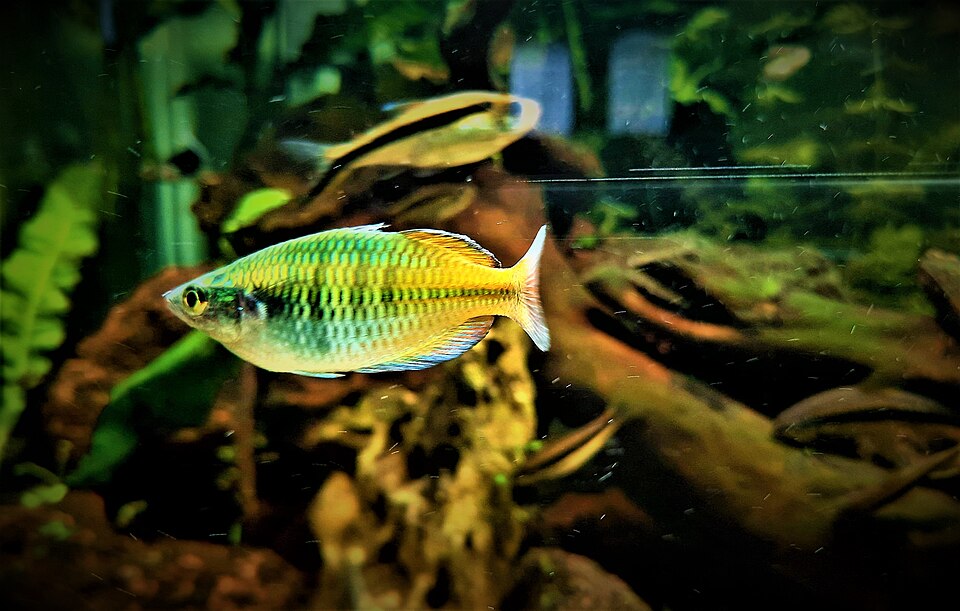
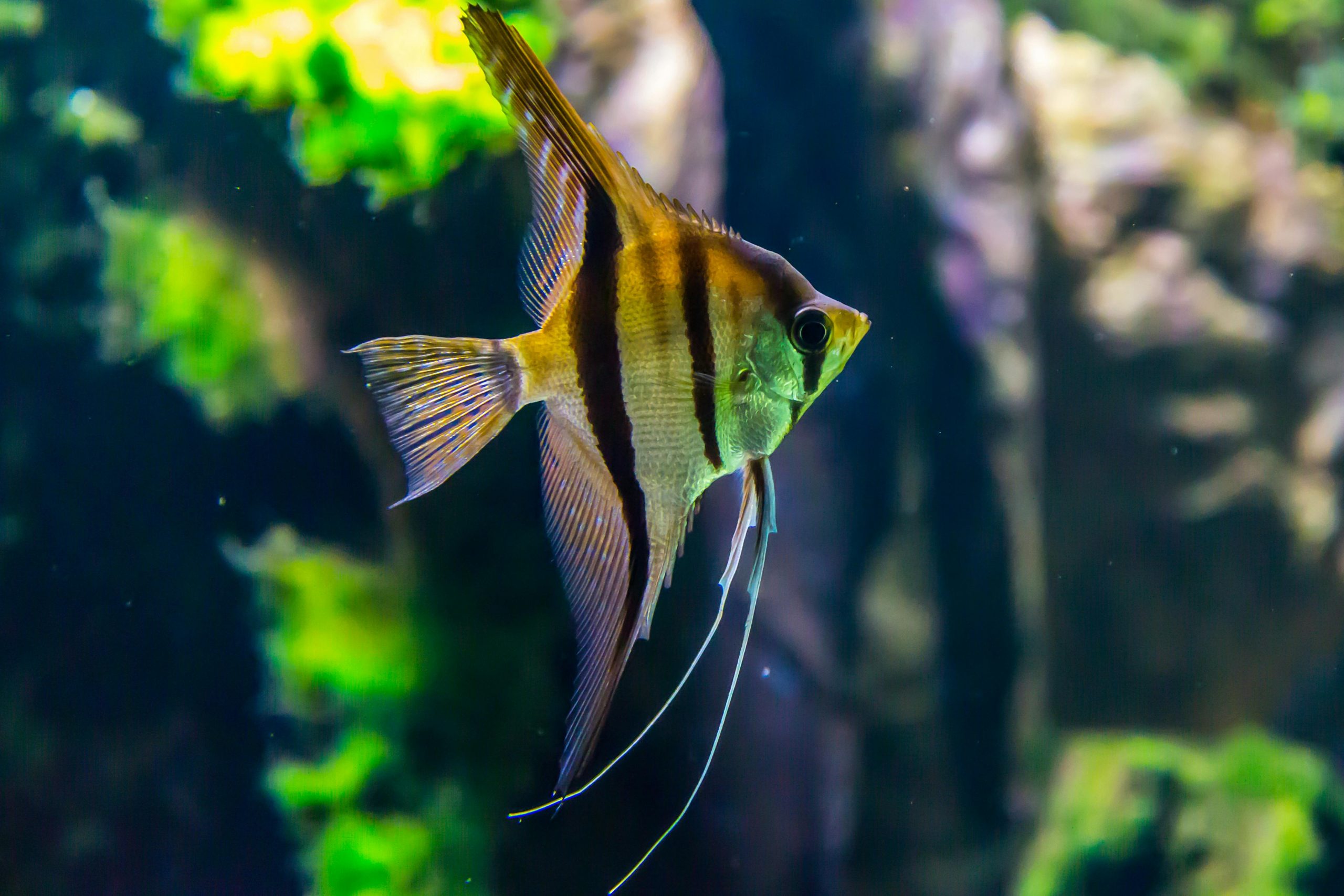
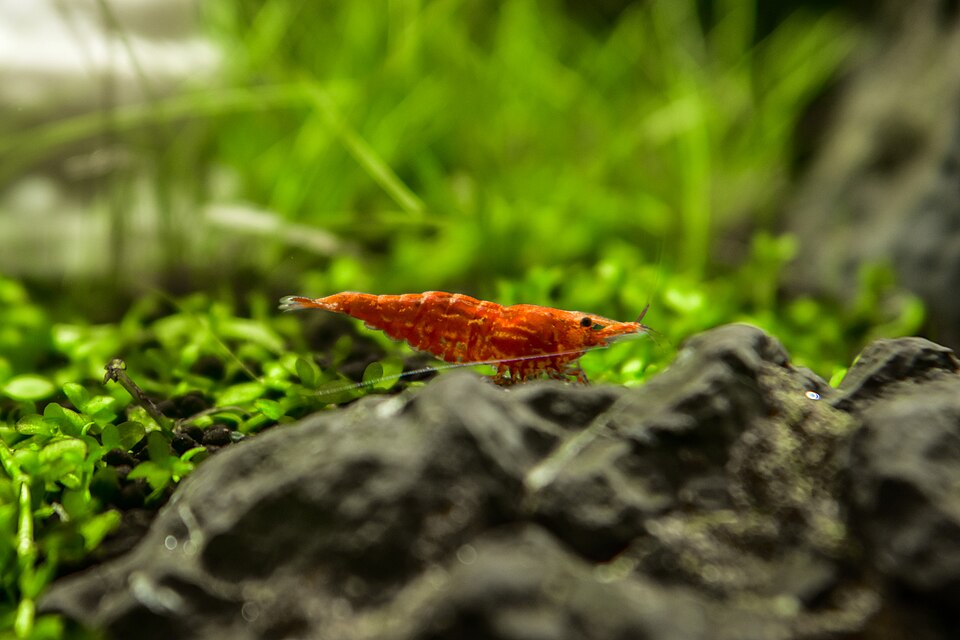

Leave a Reply